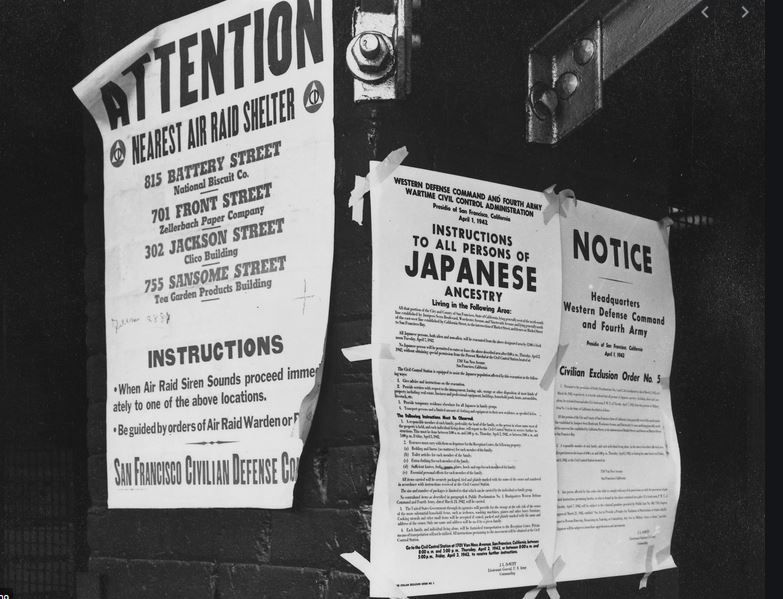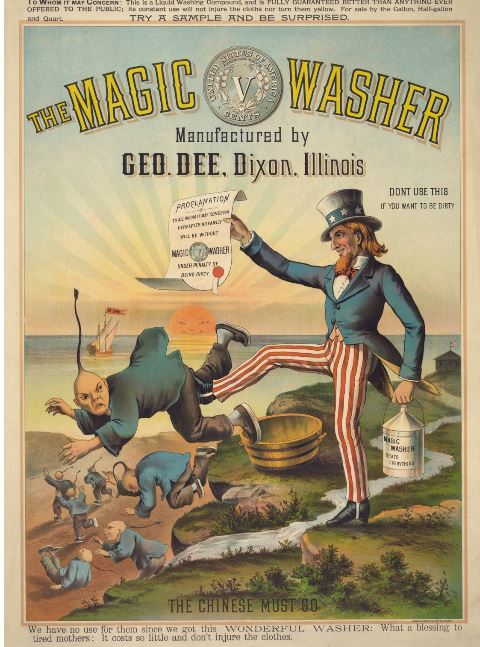By James P. Kelly, Special to AsAmNews
In my Midwestern classroom, the name Anna May Wong was unknown to college students.
When I mentioned that Anna May Wong (pioneering actress, original name Wong Liu Tsong, 1905-1961) would be the first Asian American featured on US currency, students posed an insightful question: Why
didn’t this happen earlier?
In part, the answer to that question rests with the White-centered narrative of American history which has been supported by U.S. history books. My colleague Roger C. Aden, Ph.D, and I recently examined nine commonly used U.S. high school history textbooks, finding gaps, excuses, and euphemisms.
These textbooks perpetuate a narrative of White national identity. Unjust government actions are erased, minimized or detached from those responsible. The Civil Rights era prompted changes to American history textbooks, but they continue to tell the nation’s story from a White perspective.
New research

We researched how high school history books covered 13 federal actions starting with the 1787 Three-Fifths Compromise, a constitutional provision according to which African Americans counted as three-fifths of a person.
Our list of unjust federal actions included the Chinese Exclusion Act of 1882 and Japanese and Japanese American Internment (1942-1945).
History books minimized the Chinese Exclusion Act (codified racism) by framing it as a response to labor disputes. One book highlighted the “crude construction methods” of Chinese railroad workers.
This contrasts sharply with historian Stephen Ambrose’s bestselling book on construction of the Transcontinental Railroad (“Nothing Like It in the World”), in which he praised Chinese laborers as
courageous, disciplined, and efficient. We found that history books use language that avoids direct acceptance of the government’s role in the
nation’s unjust treatment of minority groups. Annexed Native American ancestral lands and property seized from those of Japanese descent during internment are frequently described as “lost” rather than taken.
A complete telling of our history must include context. The Chinese Exclusion Act of 1882 is cast in these textbooks as an ad hoc emotional response to violence caused by White labor unions and “intense political pressure.” None of the textbooks we examined clearly described the trajectory of anti-Asian legislation from the mid-Nineteenth to the mid-Twentieth Centuries nor acknowledged government’s role in normalizing anti-Asian racism.

Recommendations
History books are prime sources for emerging adults.
Textbook creators should pay attention to government actions that have received little or no attention such as the Tuskegee Syphilis Study (1932-1972), the offensively titled Operation Wetback (1955 mass
deportation to Mexico) and repeated violations of the Fort Laramie Treaties (1851, 1868).
Language should be direct. Textbooks should clearly state that the government stole and facilitated the theft of land and property from Native Americans and those of Japanese descent.
Textbooks should begin with an admission of relativity, acknowledging partial narrative accounts that may differ from other accounts.
Reconciling national pride with an honest accounting of shortcomings is understandably difficult and controversial. However, changing U.S. textbooks to directly address systemic racism would be a
powerful step to embrace the full meaning of our constitutional preamble “We the people . . .”
(James P. Kelly is a doctoral student at Ohio University’s School of Communication Studies, Athens, OH. This commentary is based on research by Kelly and Dr. Roger C. Aden: “Perpetuating the past: U.S. high school history textbooks and systemic racism.”)
AsAmNews is published by the non-profit, Asian American Media Inc. Follow us on Facebook, X, Instagram, TikTok and YouTube. Please consider making a tax-deductible donation to support our efforts to produce diverse content about the AAPI communities. We are supported in part by funding provided by the State of California, administered by the California State Library in partnership with the California Department of Social Services and the California Commission on Asian and Pacific Islander American Affairs as part of the Stop the Hate program. To report a hate incident or hate crime and get support, go to CA vs Hate.


